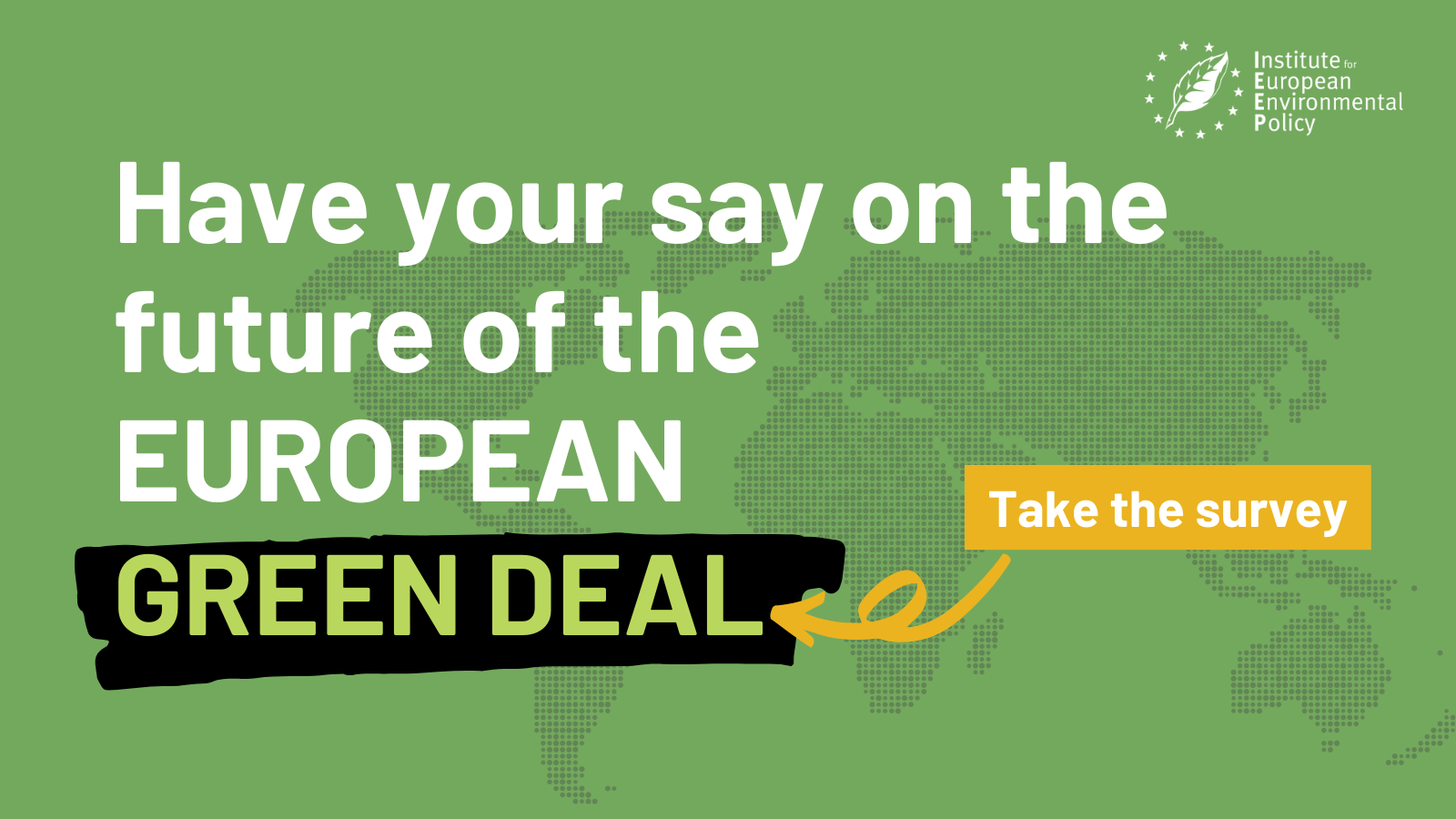An agreement has been reached between the European Parliament’s Environment Committee and the Council of Ministers on how to tackle indirect land use change resulting from EU biofuels policy. The deal marks the beginning of the end for the five year long debate surrounding this policy which should be signed off by the full Parliament later this month.
Whatever its defects, and there are several, the principle of an agreement allows a way forward. It recognises the necessity of addressing ILUC through policy, as many, including IEEP, have urged since the emergence of clear evidence of ILUC and its consequences several years ago. This is a landmark moment in EU bioenergy policy. Not only will ILUC be recognised in EU law, but also the EU has taken proactive steps to mitigate the impacts caused, by restricting the use of certain fuels.
The decision close to being taken by the European Parliament and the Council is however, far from ideal. The restriction on the use of agricultural crop based fuels (7%) could have been more stringent, there could have been more emphasis on accounting for ILUC impacts, rather than simply reporting on them, and there could have been more ambitious steps taken to promote the transition to more sustainable and advanced fuels. Yet the agreement reached this week does at least shows a real commitment to addressing the gaps in this difficult but important area of EU bioenergy policy. More will be needed in the coming years, particularly as discussions develop about how to take forward EU energy and climate policy beyond 2020 and as the implications this has on the wider policy landscape in the development of the circular and bioeconomy become clear.
EU biofuel policy potentially can now move towards a more sustainable future. IEEP have been at the forefront of this debate since it’s beginning. In 2010 we were one of the first to recognise and quantify the scale and risk of the ILUC issue, with a report that helped to set the ambition of the European Commission in developing its proposal to mitigate ILUC in 2012. Once released, the Commission’s ILUC proposal became one of the most talked about and controversial areas of EU environmental policy this decade. However, the debate often lacked clarity and as stakeholders probed further into how ILUC could, or should be addressed, more and more questions began to be raised, ones that blurred the lines between bioenergy and land management policy. In the same year, IEEP undertook an 18 month work programme to provide information and research to address some of these knowledge gaps. As the debate started to draw to a close we have been involved in various research exercises and engaging with industry, environmental groups and Governments, to look for positive solutions to help meet renewable transport goals now and in the future.
Discussion about the future of EU bioenergy policy will continue and perhaps with a sharper focus on how we meet climate mitigation targets in robust, sustainable and effective ways. Having the evidence base and analytical tools to address these multi-sector and trans-boundary issues will be critical to making the right decisions on renewable energy and the low carbon economy.
For more information on IEEP’s work on biofuels, bioenergy and bioresources, please contact Ben Allen (ballen@ieep.eu)


